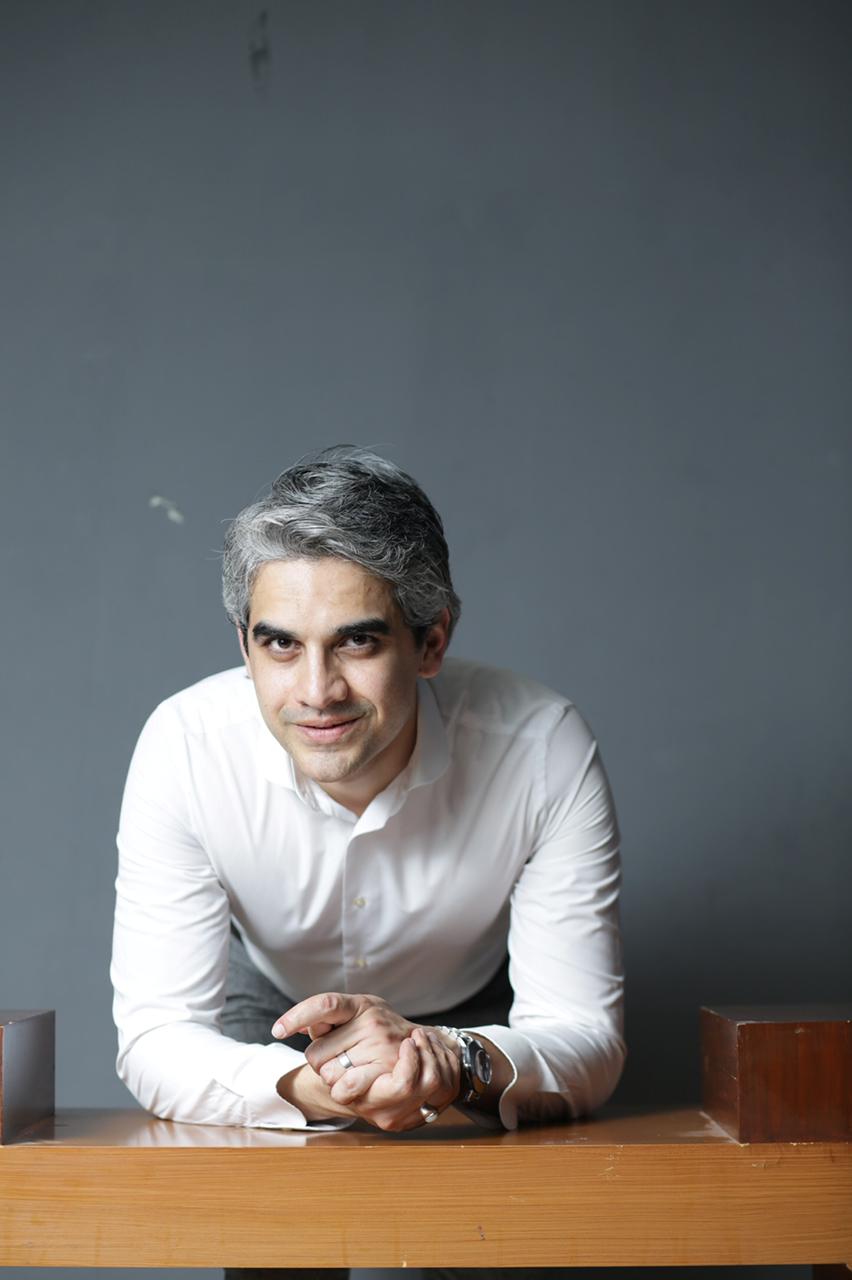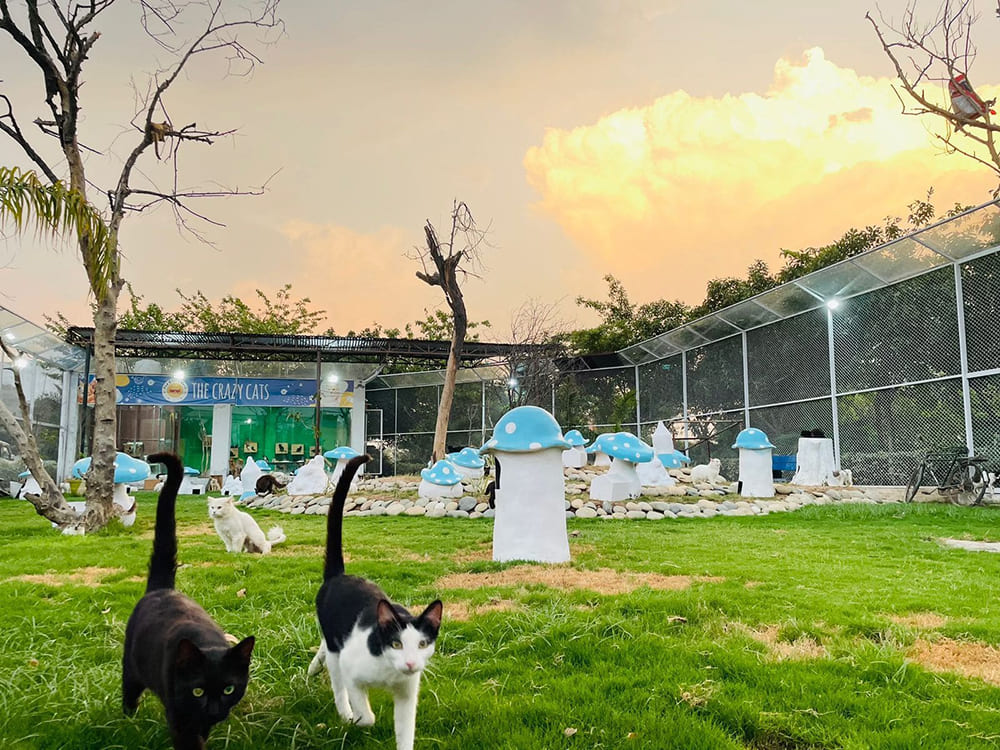
There is nothing better than to get the chance to speak to a brilliant artist who knows his way around the various ways of presenting his craft.
Social Diary’s chat with Omair Rana was nothing short of amazing as we learned a lot from this dynamic individual who has managed a stronghold in not just the drama and film industry but also theatre and production, having interestingly also introduced IGCSE Drama in Pakistan.
Here’s getting to know the brilliance behind Omair Rana a little better:
SD: When did you realize you wanted to go into the world of entertainment?
Omair: I actually can’t recall exactly when I realized I wanted to go into the world of acting. I do know that I ran out of options that were satisfying for me. This was probably after I got married that I decided that I really need to pursue it.
SD: Did you ever feel overwhelmed by setbacks and disappointments from your chosen field?
Omair: I have repeatedly felt overwhelmed from the setbacks in this field of work. It is very uncertain and there is no structure to it. Especially for a person like me who is not cut-throat or competitive which might actually be helpful for any discipline, specifically in something like this where you are also raising a family.
SD: As someone who has also made a significant contribution in the world of theatre- how different is it to dramas and films? Which do you find most satisfying?
Omair: Theatre is quite different from films and drama in Pakistan. I have repeatedly expressed my high regard and love for theatre. I think it’s because I’m a creature of process. It takes someone like me who’s been a general introvert to take some time to gel and bond with the team you’re working with and delving into a whole new character. It is a gratifying process. It all comes together- the bond you make, the depth of the characters and scenes you get into. The stage definitely belongs to the actor.
SD: Is it true you introduced IGCSE Drama in Pakistan in the year 2009? How did that come about?
Omair: Yes, it is true. I did have the fortune to introduce IGCSE drama to Pakistan. It is something I always wanted to do so. I was teaching Masters level in Mass Communication, alongside theatre production and I realized that drama and theatre should be taught consistently at primary and secondary level. I felt the demand will create its own supply. I knew if these programmes existed, you would have a better standard of things going on. Interestingly it is something which I pursued after being laid off and I started to pitch the idea of drama in academics to various institutions- the rest is history.

SD: How did teaching transgress into acting? Are you satisfied by your decision?
Omair: I was actually acting as well. I had various kinds of roles, working in sitcoms too, aside from doing theater and directing. It was happening all together and I was actually able to take on the flexibility of time to focus more on directing and producing theatre plays. Acting had taken a backseat while I was teaching. Frankly speaking, there is no better feeling than coming out of a good class where I enable people.
SD: How do you choose your roles?
Omair: I choose my roles by understanding the seriousness of the team wanting to do this work. The script, the character, the purpose and the team which is going to be producing, directing and acting. I look into these things which give me an idea on whether I wish to pursue this particular project or not. I always focus on quality contributions from my own character.
SD: Were there any doubts when you took on negative portrayals?
Omair: No not really. I was not the kind who would hog hero roles despite holding plenty in my kitty especially on stage. But I do wish to do some more such lead roles but I have had no such hang-ups. I have been able to do more positive characters than negative, despite the latter being more prominent. However, I remember signing off negative characters after ‘Pyar Keh Sadqay’ was announced as I don’t wish to pursue typecast roles which can bore me out.
SD: Are you in content with the kind of storylines being brought into our industry? If not, what can be done to explore more genres?
Omair: I think the vast majority of them are mundane. Some are however exceptionally good. It’s actually a free-market operation that’s happening in the television industry. The sponsors, those who sell soaps and shampoos decide what’s being watched and they work backwards with the broadcasters which are the channels. They then work backward with the production which are usually in-house productions who in turn work with the writers and the directors which is why actors have to puppet themselves into the roles that sell. The first step itself is wrong as the data is from very minor meters and it is very fear-based.
SD: Do you also feel threatened by the broadcast of international serials which might take away the audience and viewership we currently hold?
Omair: I don’t feel threatened by them but I do feel they should be regulated. They should be welcomed but you can’t do it for free as it is an import and should be charged higher. This sort of policy discourages the same and promotes local productions and the economy even more.
SD: How do you feel the Pakistani drama and film industry should be creating a global stance?
Omair: Well, should is a very broad term here. One is the ideal. Of course, we should represent who we are in the true human sense of it. The commoners, the urban and the rural- let that be portrayed. What will be the mechanism to do so- well it’s important to strengthen it internally before going externally. You will be shocked to know that the entertainment industry is not recognized by the state as an industry. So therefore all the regulations and laws don’t come into play here. So, there are some major difficulties we come across as artists when our profession is not recognized. Hence the first step is recognition as an industry where royalties and residuals to all artists. Form the spine and roots, we need structure and accessibility.
SD: How has the pandemic affected your work flow- do you feel anxious with limitations on work possibilities?
Omair: The pandemic has affected the workflow somewhat. Personally, I don’t feel as anxious but yes there are certain moments that come into play- pandemic or no pandemic. Work is going on, we have been hit but not massively.
SD: If there’s one thing you would want to change about the movie industry, what would it be?
Omair: There should be a regulation on the division on who gets how much. The real person making the investment is the producer who should get a good chunk of the returns. Unfortunately, the distributor is the one who gets a good amount. The producer gets barely 30% of the investment returned. This is pretty unfair. Also, the ticket price should go down so the outreach is higher.
SD: What is your vision and aspirations for this year?
Omair: I wish to push for the royalties and residual work. Getting the actors collective registered with the federal of international actors’ association. To strengthen them and all involved in the entertainment world and get some movement for structural change.
SD: Parting words with our readers on how to cope with the pandemic?
Omair: I am just going to beg and plead to everyone to please be responsible during the pandemic. The wave is deadly. I fear the Indian variant coming into Pakistan. I am really fearful of that and we need to be prudent. As the Prophet said to tie your camel and then have tawakkul. We have to tie our camels which means wearing masks and maintaining social distancing.
In a Glance:
The Thing You are Grateful for in the Lockdown?
Loved ones and provisions that Allah provided, used as a median for others.
What attracts you to a person?
Grace and charm
The one thing that is a mood killer?
Negativity
Three things you have with you all the time?
My wedding ring, my watch and usually a stone ring I wear
Your favorite designer
We don’t have many
Morning Person or Night Owl
Morning Person
Desi Wear or Western
I usually wear Western more but would love to don more of lacha kurta
Deepest Fear
Losing loved ones
Biggest Regret
Can’t mention it here
Most Prized Possession
Very few objects I consider
Biggest Strength
Some degree of humor or positivity I can use especially in negative settings
Someone you wish to meet
Aamir Khan
Your Top 3 things on your bucket list
Riding, play golf and skydive
The best thing about your work
It’s a play. I love doing it.
The worst thing about your work
It’s not work. It’s a play. We don’t know when we get to.
If you weren’t in the entertainment world, you would have been a
Hospitality management or architect
What people don’t know about you?
My middle name is Tahir
The craziest rumor you heard about yourself
That I am a model who went to London, graduated in acting and came back with a bang
Your dream destination
Anywhere with loved ones












